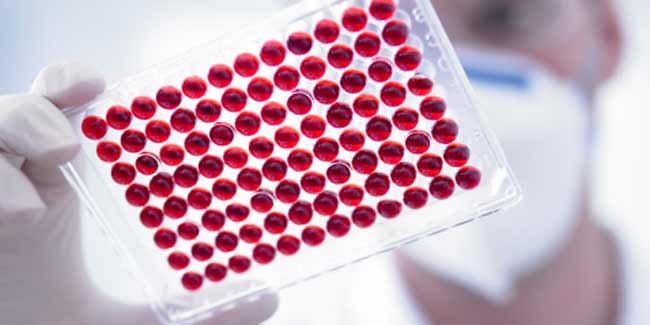
Antenatal care is very important for every pregnant women. During antenatal baiscally there are three tests - blood, urine and ultrasound test are performed during this statge. Apart from it antenatal assesment test is also performed to identify whether additional care during pregnancy is needed or not
Table of Content:-
Blood test: Blood test is a general test as a part of prenatal care. A small quantity of blood is collected from a vein in your arm during your first prenatal visit. A blood test can give a lot of information about the body and various types of blood tests can be performed to rule out any other problems.
A blood test is done to find out
- The blood type of a person.
- The Rh factor testing.
- Glucose levels.
- Iron levels.
- Hepatitis B.
- Hemoglobin levels.
- Immunity to rubella.
- Sexually transmitted diseases (STDs).
- Toxoplasmosis infection.
- To diagnose certain genetic conditions such as sickle-cell anemia, thalassemia and others.
Urine test: A small sample of urine is collected during your first prenatal visit and consequently during periodical intervals throughout your pregnancy weeks.

Urine tests helps to diagnose:
- Diabetes.
- Infections in the kidneys or bladder.
- Dehydration.
- Preeclampsia.
The urine sample is studied to assess levels of sugar, protein and bacteria. Elevated sugar levels indicate gestational diabetes while high protein content in the urine may mean urinary tract infection or kidney problems. The presence of high levels of ketone points towards dehydration or malnutrition. Presence of bacteria will mean infection of the urinary tract.
Ultrasound: It is a common procedure using sound waves that get bounced off the baby’s body and forms an image (sonogram) of the baby’s shape and position in the uterus. Ultrasounds may be required at any time during pregnancy and the scanning of the mother’s abdomen and pelvic cavity is displayed on the monitor at the same time. Previously ultrasounds were meant for only high risk pregnancies but nowadays it is very common to use it for detecting abnormalities and conditions in the fetus. Ultrasound may be used in the following phases of pregnancy to detect certain defects or conditions:
First trimester:
- Validate possible pregnancy and heartbeat.
- Helps in calculating the gestational age.
- Identify abnormalities in pregnancy (ectopic pregnancy) or fetal growth.
Second trimester:
- Detect congenital malformations.
- Validate multiple pregnancies.
- Check normal fetus growth.
- Structural defects.
- Check optimum presence of amniotic fluid in the uterus.
- General health of fetus.
Third trimester:
- Indicate position of placenta.
- Check fetal heartbeat and movement.
- Approximately calculate date of delivery.
Read Next
Routine Tests for Antenatal Care
How we keep this article up to date:
We work with experts and keep a close eye on the latest in health and wellness. Whenever there is a new research or helpful information, we update our articles with accurate and useful advice.
Current Version